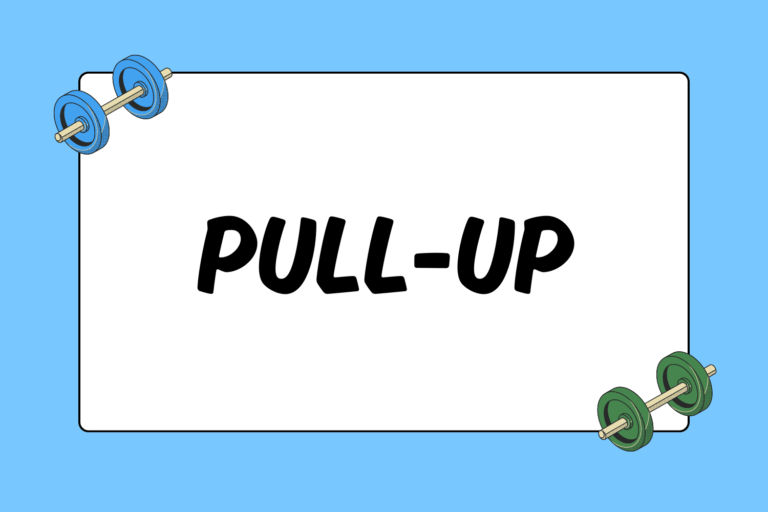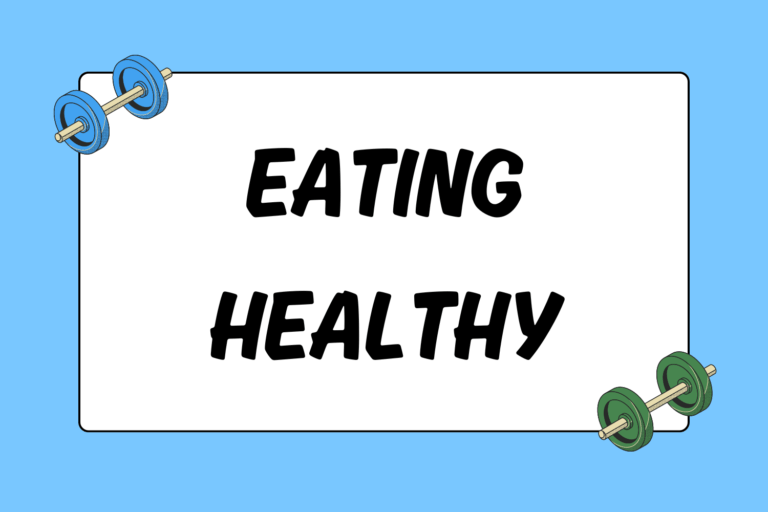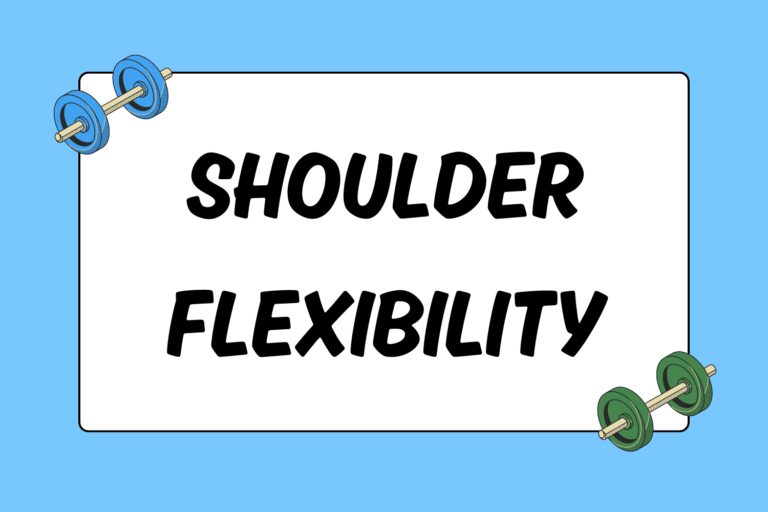The quality of your nutrition affects three key areas associated with your workout: performance, results, and recovery. Consuming the right nutrients and enough calories has three times the impact on performance, results, and recovery compared to other workout variables. Many athletes and gym-goers become so focused on their workouts that they neglect to fuel that work optimally. Read on to learn what to eat, when to eat, and why pre- and post-workout nutrition are the most important meals of your day.
Roles
Each nutrient plays a specific role in how our bodies function. Carbohydrates and protein are your primary fuel sources before and after your workout. In addition to pre- and post-workout meals, it’s imperative you consume enough calories to complement your activity. A balanced diet containing healthy fats, complex carbs, proteins, and plenty of fruits and vegetables ensures essential vitamins, minerals, and amino acids are available to fuel your workouts and aid in recovery. Hydration is equally important before, during, and after your workout for its contribution to cellular metabolism, protein synthesis, blood flow, and electrolyte balance.
Carbohydrates
Carbohydrates are used primarily for energy and are broken down through digestion into their simplest form: glucose. Glucose is used for energy or is synthesized and converted into glycogen and stored in the muscles and liver. Carbohydrates are rated on the glycemic index, which describes how quickly the blood sugar raises based on consumption. Most fruits, vegetables, whole grains, milk, and legumes have a low glycemic index. Potatoes, table sugar, white breads, and rice all have a high index.
Carbohydrates are classified as either simple or complex based on their number of saccharides (sugars). Simple carbohydrates are commonly referred to as simple sugars, whereas complex carbohydrates are referred to as starches. Glucose, fructose, galactose, lactose, sucrose, and maltose are the primary simple sugars. Examples of simple sugars are table sugar, fruit, corn-syrup, milk, and alcohol. Starch is the storage form of glucose and is found in grains, nuts, legumes, and vegetables.
Protein
Protein contains amino acids that maintain, repair, and grow muscle tissue. Proteins are categorized as complete and incomplete based on their amino acid profiles. Some amino acids are manufactured by the body and are referred to as non-essential. Essential amino acids — including histidine, isoleucine, leucine, lysine, methionine, phenylanine, threonine, tryptophan, and valine — must be obtained through diet.
Animal proteins (eggs, meat, fish, dairy, and poultry) are complete proteins containing all the essential amino acids. Plant-based proteins (grains, beans, vegetables and gelatin) have an incomplete essential amino acid profile, therefore it’s vital to consume a variety of these proteins and/or combine them with other food. As a general rule, combining a bean or legume with a grain will provide all the essential amino acids.
Hot Tip: Great Combos
If you consume a plant-based diet, here are some food combinations that will ensure a complete amino acid profile:
- Beans and rice
- Peanut butter and bread
- Corn tortillas and refried beans
- Corn and black beans (or any color beans)
Water
Water is the primary component of your body and will affect athletic performance more than any other nutrient. Muscle is comprised of approximately 75-percent water, therefore the more muscle you have the more water you have and need. Water is full of minerals and electrolytes; it dissolves other substances and delivers nutrients around the body. This vital nutrient is required for digestion, elimination, regulating body temperature, lubricating joints, and central nervous system function. Water is what allows your body to perform all its necessary functions.
Hydration requirements vary, and the best way to assess yours is the color of your urine. You should be consuming water regularly throughout the day to ensure a light yellow color. Additionally, make sure to have at least one pint two hours prior to activity. Be sure to consume water throughout the workout and don’t let thirst be your indicator. Chances are if you feel thirsty, you are dehydrated, so make a habit of sipping frequently. Additionally, the more you sweat, the more water you need to drink during and after a workout to re-establish hydration levels.
Pre-Workout
Generally speaking, you should consume carbohydrates and protein 1 to 2 hours before your workout. The amount and timing are dependent on goal, intensity of workout, and preference. Pre-workout meals should be low in fat so you are able to easily break down your food to use for fuel. Foods higher in fat also tend to “weigh you down,” which isn’t ideal when you need to move around.
Low glycemic carbohydrates like oatmeal, apples, berries, or yogurt are preferred so you don’t sustain a sudden increase in blood sugar. This will provide lasting energy for the work ahead. Lean proteins like chicken, fish, egg whites, or protein powders help keep your body in an anabolic state to maintain and grow muscle tissue.
Here are some pre-workout meal suggestions:
- Low-fat Greek yogurt with berries
- Oatmeal and scrambled eggs (use 2-to-1 whites-to-eggs to keep fat content low)
- Grilled chicken sandwich (or half) on whole grain bread with lettuce and tomato (no mayo or oil)
- Grilled chicken and an apple
- Protein shake with blueberries (or use a combo of berries and half banana)
Post-Workout
Refueling is your top priority post-workout and timing is essential. Ideally you want to consume simple carbohydrates and protein while you are still sweating! During your workout you deplete your glycogen stores, and unless you refuel immediately, you begin to catabolize (breakdown) muscle tissue. You have a small window of time, so fast absorption of nutrients is key. Easily digested carbohydrates like fruit or fruit juice combined with low-fat proteins or a post-workout shake are your best options.
The ratio of carbohydrates to protein varies by nature of activity and intensity. Most athletes need a 4-to-1 ratio of carbs to protein (in grams), whereas a less intense workout may only necessitate a 2-to-1 or 1-to-1 ratio. Before you go crazy figuring out ratios, focus on refueling fast and assess your recovery. If you aren’t recovering, you most likely need to re-assess your nutrition.
Here are some post-workout suggestions:
- Whey protein shake with berries or banana
- Apple or grape juice with whey protein
- Apple or grape juice with egg whites (one egg white has approximately 3.5 grams of protein)
- Low fat milk and fruit
- Oatmeal with raisins and egg whites
Hot Tip: Hardcore
Workout nutrition is serious business. If you are ready to see a major increase in performance and results, consider the following:
- Use casein protein pre-workout: This slow absorbing protein has shown a positive effect on fat loss as well as muscle building. Casein can be found as a powder supplement or in dairy products like cottage cheese or yogurt.
- Have protein at every meal: Whether you want to build muscle or not, protein aids in recovery. By combining it with carbohydrates, you better regulate blood sugar and metabolism.
- Create your own workout “cocktail.”: Sipping on a carbohydrate and whey protein drink during your workout helps to maintain blood sugar levels and deliver essential amino acids to your hardworking muscles. You will still need something post-workout, but this helps to alleviate the urgency.
Ready to Go
Working out burns calories and depletes our bodies of essential nutrients. Even though it may seem counterintuitive for calorie-conscious exercisers, you will be amazed how your body responds to proper workout nutrition. Don’t sacrifice muscle and store fat because you aren’t consuming enough calories or replenishing your body after a tough workout. Increased muscle burns more calories at rest, but needs carbohydrates and protein to be sustained. Eat up and win (or lose) big!





